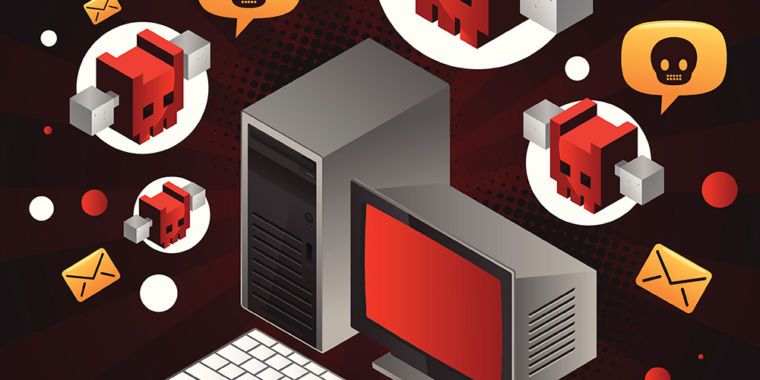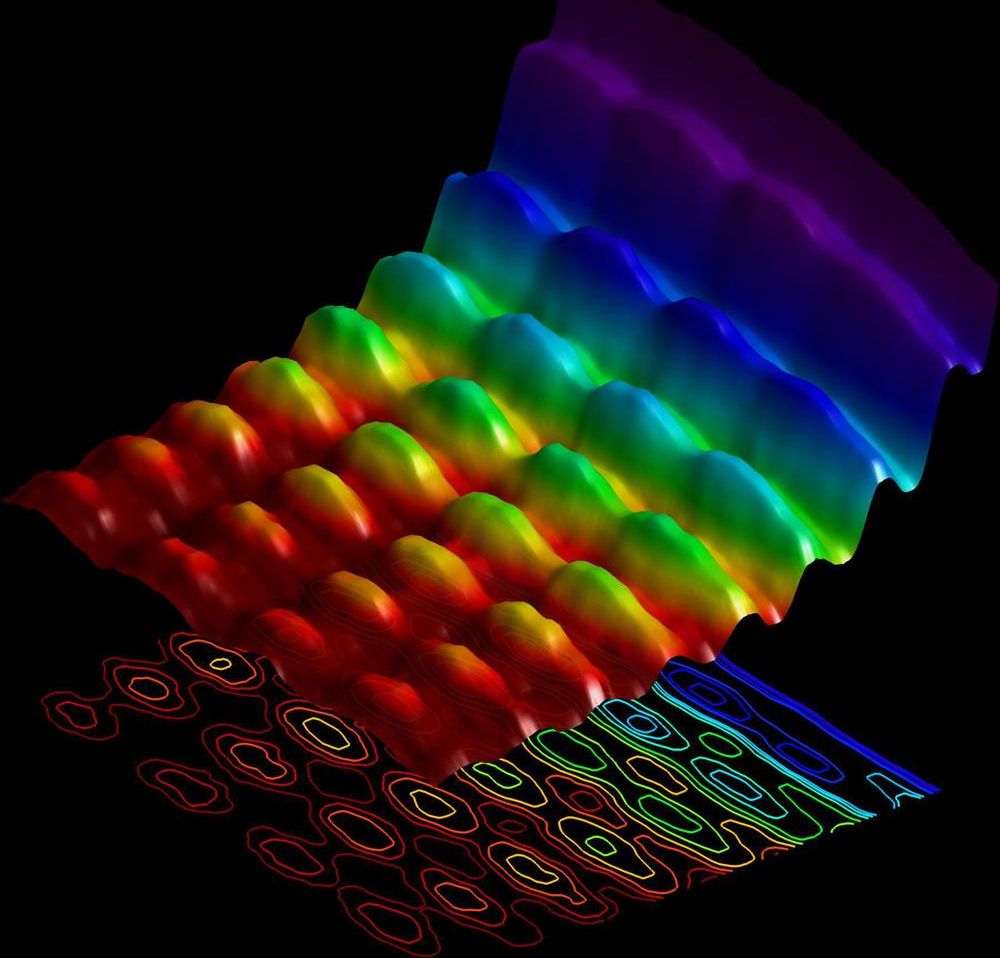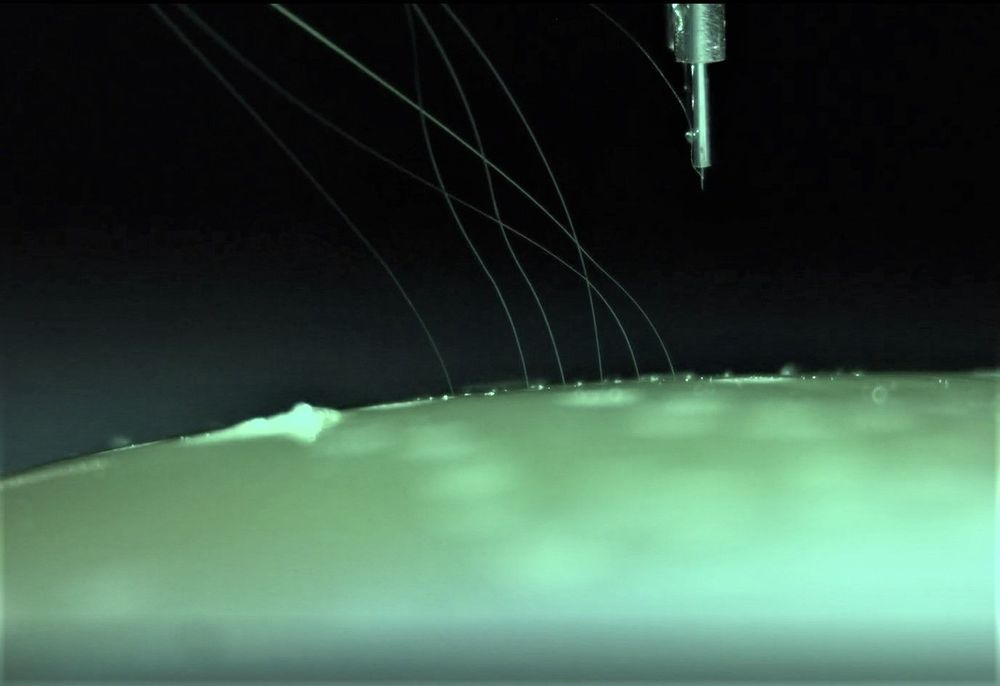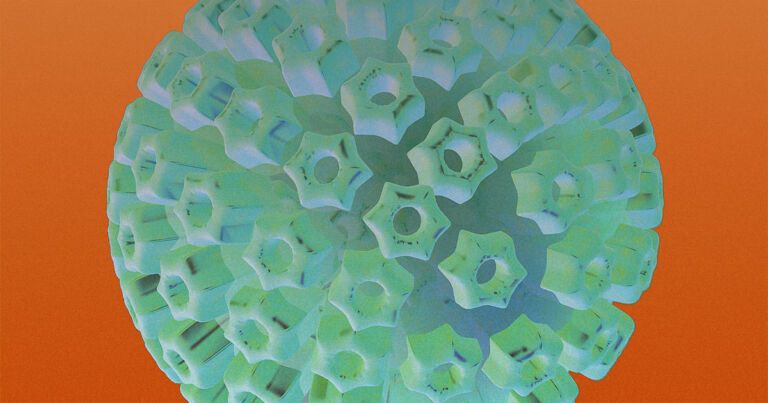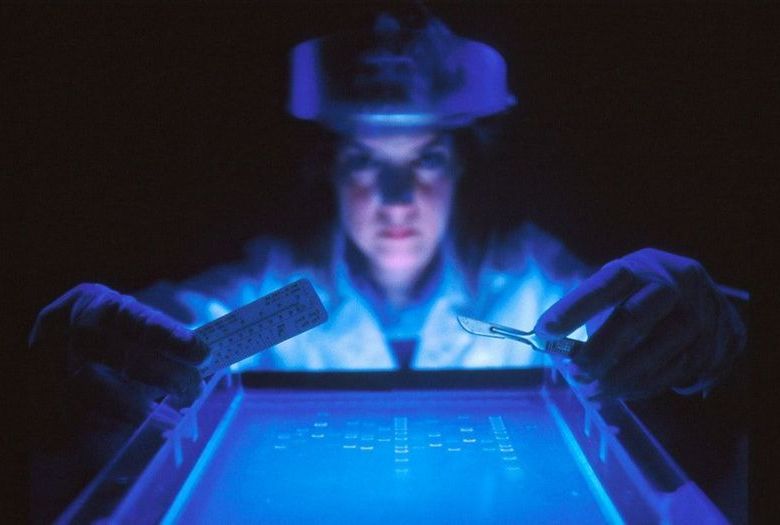Page 7213
Aug 20, 2020
In Quantum Physics, Even Humans Act As Waves
Posted by Genevieve Klien in category: quantum physics
Aug 20, 2020
These drugs carry risks and may not help, but many dementia patients get them anyway
Posted by Genevieve Klien in categories: biotech/medical, government
Nearly three-quarters of older adults with dementia have filled prescriptions for medicines that act on their brain and nervous system, but aren’t designed for dementia, a new study shows.
That’s despite the special risks that such drugs carry for older adults—and the lack of evidence that they actually ease the dementia-related behavior problems that often prompt a doctor’s prescription in patients with Alzheimer’s disease and related disorders. In fact, some of the drugs have been linked to worse cognitive symptoms in old adults.
The study looks at several classes of psychoactive drugs, including ones that the federal government has actively encouraged nursing homes to limit using in residents with dementia. The new study suggests a need to reduce prescribing to people living at home with dementia, too.
Aug 20, 2020
Your Brain, With a USB Port in It: Musk’s Neuralink Update Likely to…
Posted by Genevieve Klien in categories: Elon Musk, neuroscience
A leading expert in socially responsible technology innovation Dr Andrew Maynard told us “I think Musk’s overreaching and he probably knows it.
”That said, Elon Musk has got a track record of doing things that other people said can’t be done. So I think that this is going to be an interesting space because of that… [But] I think we’re a long way from understanding how this works.
”Even with Elon Musk’s system you have around ten thousand electrodes. There are billions of neurons in your brain. It’s a needle in a haystack”.
Aug 20, 2020
Philosophers Win Artificial Intelligence Award
Posted by Genevieve Klien in categories: innovation, robotics/AI

The Tetrad Automated Causal Discovery Platform, a software and text project developed by Peter Spirtes, Clark Glymour, Richard Scheines and Joe Ramsey of Carnegie Mellon University’s Department of Philosophy, earned the “Leader” Award at the 2020 World Artificial Intelligence Conference this past July.
Continue reading “Philosophers Win Artificial Intelligence Award” »
Aug 19, 2020
Scientists Use Gene-Hacking to Seemingly Cure Herpes in Mice
Posted by Malak Trabelsi Loeb in categories: bioengineering, biotech/medical, genetics
“I HOPE THIS STUDY CHANGES THE DIALOG AROUND HERPES RESEARCH AND OPENS UP THE IDEA THAT WE CAN START THINKING ABOUT CURE, RATHER THAN JUST CONTROL OF THE VIRUS.”
In a landmark study, researchers have successfully used gene editing to remove the oral herpes virus (HSV-1) in mice.
While previous research has mostly focused on treating and suppressing the sometimes painful symptoms of herpes, this study took a more radical approach by attempting to eliminate the virus altogether.
Continue reading “Scientists Use Gene-Hacking to Seemingly Cure Herpes in Mice” »
Aug 19, 2020
New research uses CRISPR gene editing to grow new neurons in diseased brains
Posted by Quinn Sena in categories: bioengineering, biotech/medical, neuroscience
Aug 19, 2020
Anti-aging drug targets Alzheimer’s
Posted by Quinn Sena in categories: biotech/medical, chemistry, food, life extension, neuroscience
Scientists investigating Alzheimer’s treatments at the Salk Institute have uncovered some key mechanisms that enable an experimental drug to reverse memory loss in mouse models of the disease. The discovery not only bodes well for the possibility of clinical trials, but provides researchers with a new target to consider in the wider development of compounds to counter the degenerative effects of the condition.
The research centers on a drug called CMS121, which is a synthetic version of a chemical called fisetin that occurs naturally in fruits and vegetables. The Salk team’s previous studies concerning CMS121 have produced some very promising results, with one paper published last year describing how the drug influences age-related metabolic pathways in the brain, protecting against the type of degeneration associated with Alzheimer’s. This followed earlier studies demonstrating how fisetin can prevent memory loss in mice engineered to develop Alzheimer’s.
Work continues at Salk to understand how exactly fisetin and the synthetic variant CMS121 produces these anti-aging effects on the brain. In their latest study, the researchers again turned to mice engineered to develop Alzheimer’s, which were administered daily doses of CMS121 from the age of nine months. This is the equivalent to middle age in humans, with the mice already exhibiting learning and memory problems before the treatment began.
Aug 19, 2020
DopeKicks Creates the “World’s 1st” Waterproof Hemp Shoes
Posted by Quinn Sena in category: futurism
Aug 19, 2020
The Next Leather Jacket Will Be Made From Mushrooms
Posted by Quinn Sena in category: futurism
Circa 2016 bigsmile
Artist Phil Ross introduces leather made from mycelium as a more eco-friendly replacement for animal leather.
